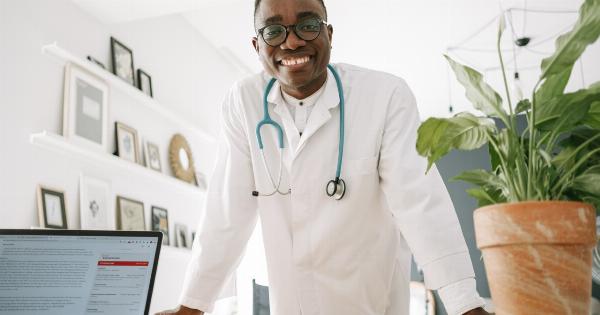Osteoporosis is a disease that weakens bones. People with osteoporosis are at risk of fractures – even from activities of daily life – which can be painful or lead to disability.
Fortunately, early diagnosis and treatment can reduce the risk of bone fractures. On Saturday October 19th, select clinics will be offering a free osteoporosis test as part of their Bone Health Awareness Day events.
Who should get a free osteoporosis test?
People who are over 50, have broken a bone after age 50, have a parent who has broken a hip, or have other risk factors for osteoporosis should consider getting a bone density test.
This test, also called a DXA scan, measures the density of your bones and can show if you have osteoporosis or if you’re at risk of developing it.
What are the risk factors for osteoporosis?
Some of the factors that can increase your risk of developing osteoporosis include:.
- Being female
- Being older
- Being small and thin
- Having a family history of osteoporosis
- Having low estrogen levels
- Smoking
- Heavy alcohol consumption
- Having a sedentary lifestyle
- Not getting enough calcium or vitamin D
How can I prevent or treat osteoporosis?
The best way to prevent osteoporosis is to live a healthy lifestyle.
This means eating a diet rich in calcium and vitamin D (found in dairy products, leafy greens, and supplements), exercising regularly, quitting smoking, and limiting alcohol consumption. Treatment for osteoporosis often involves taking medications to help slow bone loss and build new bone.
Where can I get a free osteoporosis test?
You can find Bone Health Awareness Day events near you by searching online or checking with your healthcare provider. Participating clinics will offer free bone density tests and educational materials about osteoporosis prevention and treatment.
Remember to wear clothing without metal zippers, buttons, or belts for the test.
What should I expect during my bone density test?
A bone density test is a painless, non-invasive way to measure the density of your bones. During the test, you’ll lie on your back while a machine scans your bones – usually your hip, spine, or forearm.
The scan only takes a few minutes and is safe, with very low levels of radiation exposure. The results will show if your bone density is normal, low, or in the osteoporosis range. Your healthcare provider will discuss the results with you and recommend the best course of action if needed.
The bottom line
Osteoporosis is a disease that affects millions of people worldwide. It’s important to know your risk factors and to get a bone density test if recommended.
A free test is available on Saturday October 19th at select clinics as part of Bone Health Awareness Day events. Remember to wear clothing without metal for the test. Prioritize your bone health and learn more about prevention and treatment options.






























